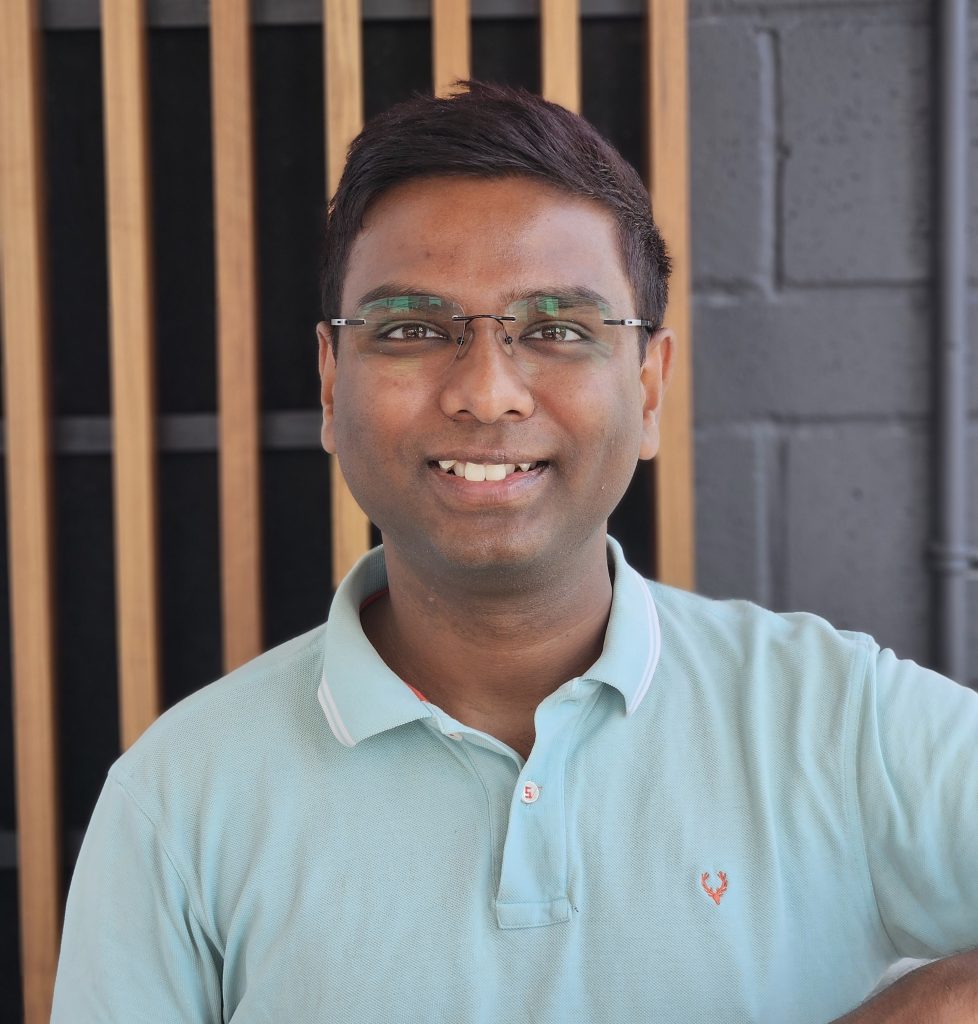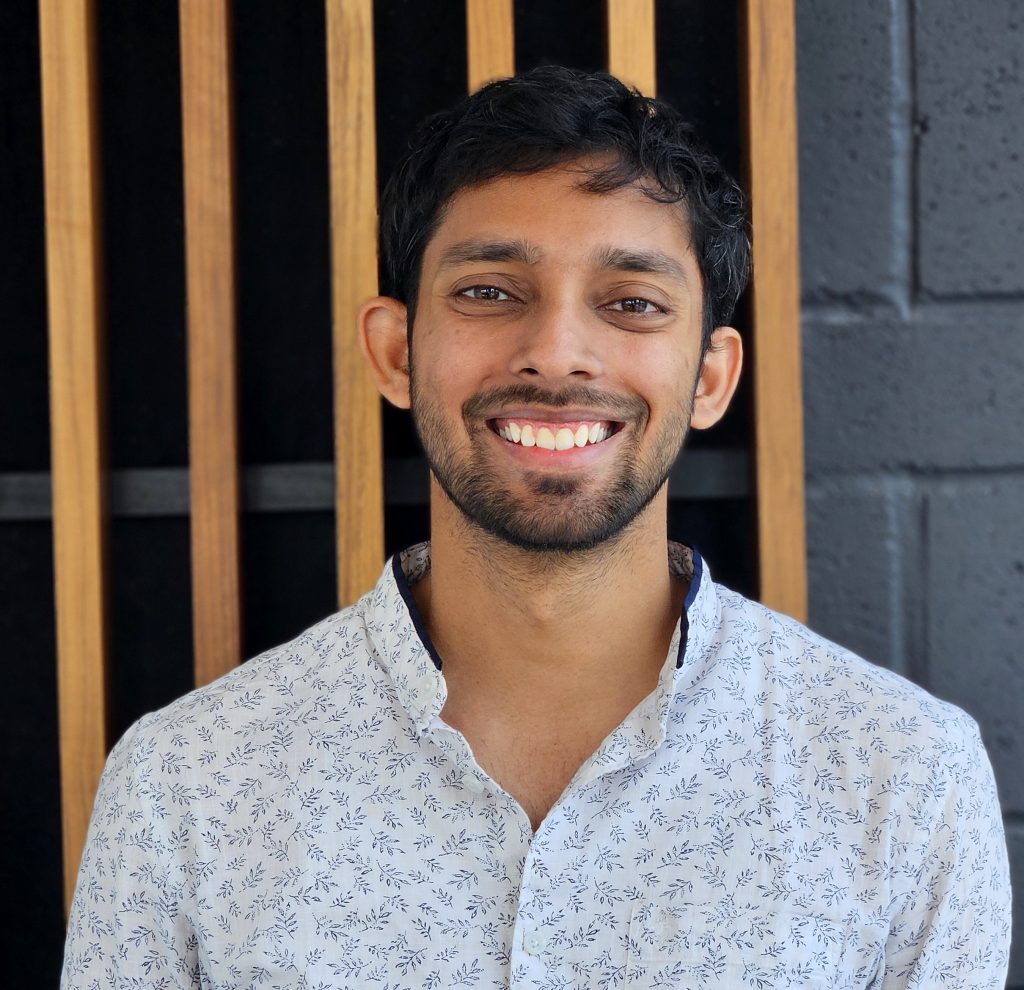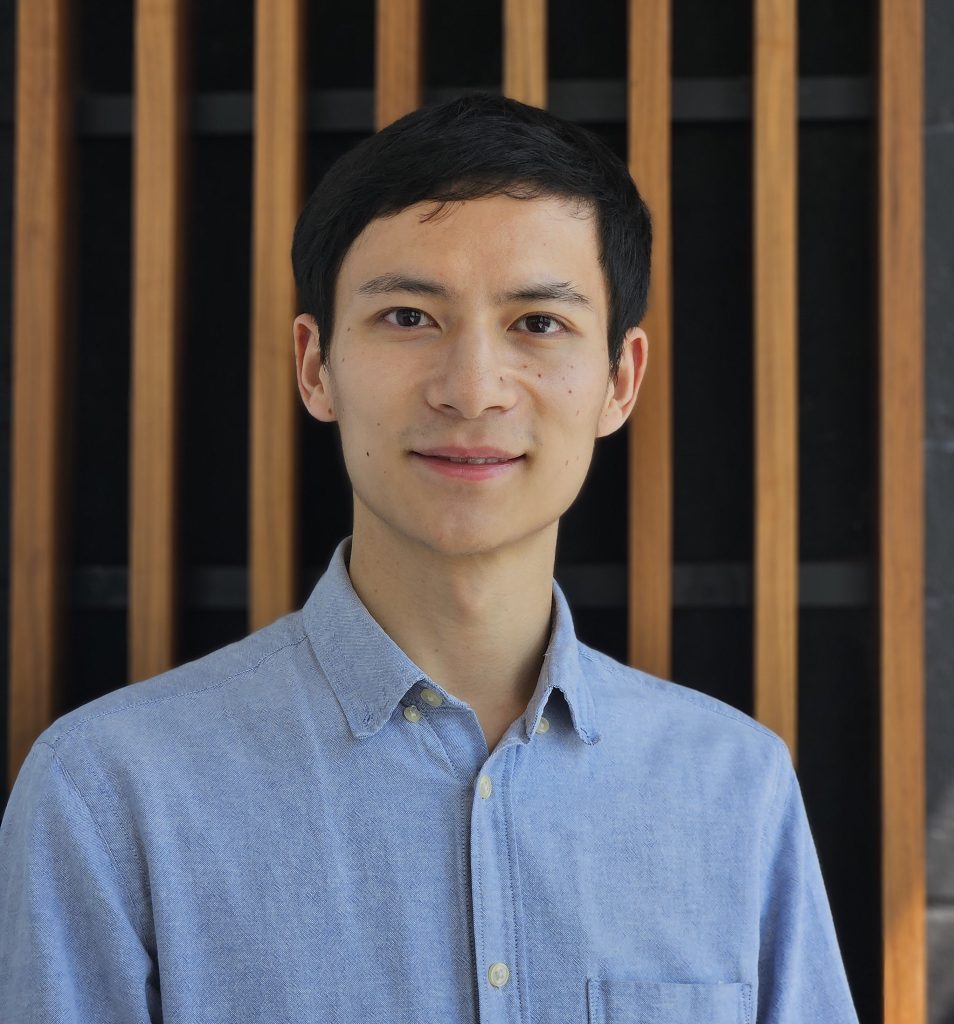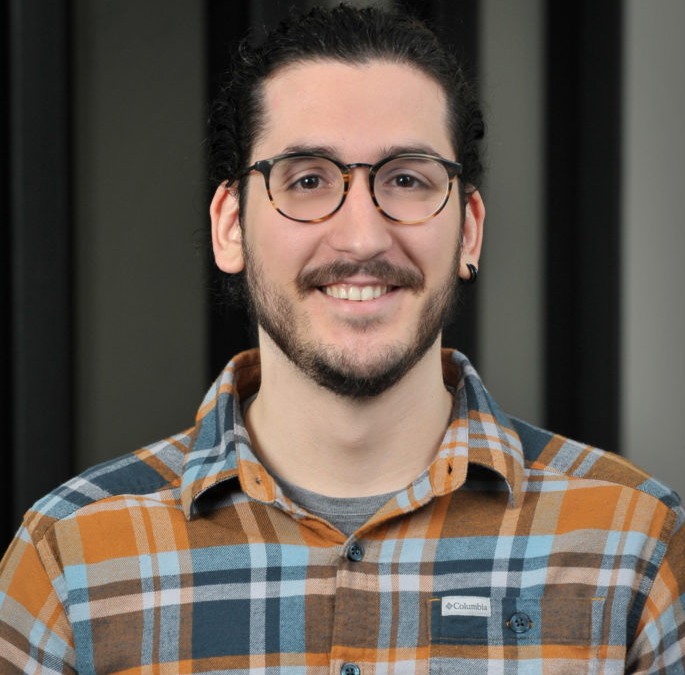CITA welcomes six Fellows to cohort 2024
CITA extends a warm welcome to our incoming Fellows and National Fellows. In September, we will be joined by four Fellows at our flagship at the University of Toronto and two national fellows at McGill University and the University of Victoria. We are committed to providing post-doctoral training for early career researchers in the field of Theoretical Astrophysics and are excited about the contributions these outstanding researchers will bring to CITA.
Biprateep Dey
Pavan Vynatheya
Pavan Vynatheya is joining CITA as a Postdoctoral Fellow. He works on stellar evolution and dynamics, with specific interests in binary evolution, multiple-star systems and encounters in star clusters. A key area of his research involves understanding the long-term evolution of triple and quadruple-star systems. He has predicted potential gravitational wave progenitors and investigated the dynamical stability of these stellar systems. Additionally, he is deeply interested in two-body interactions within dense star cluster environments, which can lead to tidal disruption events, stellar collisions and more. In the course of his research, Pavan has utilized a range of tools including hydrodynamics, N-body dynamics, population synthesis and machine learning.
Pavan received his PhD from the Max Planck Institute for Astrophysics in Garching, Germany in 2024. As a CITA fellow, he aims to explore further the intricate interplay between stellar evolution and dynamics, while actively contributing to and collaborating with the scientific community in Canada.
Duo Xu
Dr. Duo Xu is joining CITA as a CITA Postdoctoral Fellow and a Schmidt AI in Science Postdoctoral Fellow with Peter Martin. His research focuses on star formation, stellar feedback, and turbulence, with a particular focus on applying machine learning techniques. Duo employs various machine learning approaches, particularly deep learning models such as state-of-the-art generative models like denoising diffusion probabilistic models, to bridge the gap between synthetic observations from simulations and real observational data. This helps infer the intrinsic physical properties and conditions of the interstellar medium and the star formation processes in our galaxy.
Dr. Xu completed his PhD at the University of Texas at Austin in 2021. Prior to joining CITA, he was an Origins Postdoctoral Fellow at the University of Virginia.
Akshara Viswanathan
Akshara Viswanathan will join CITA as a CITA National Fellow at the University of Victoria with the Near Field Cosmology group with Julio Navarro and Kim Venn. She earned her PhD at the Kapteyn Institute at the University of Groningen in the Netherlands under the supervision of Else Starkenburg and Amina Helmi. Akshara obtained her Bachelor in Engineering with distinction from Anna University in Chennai, India. Her initiation into astronomy research began with a 2018 Mitacs Globalink fellowship at the University of Victoria. She proceeded to obtain a Master in Astrophysics from the University of Glasgow, UK. During the final year of her PhD, Akshara has been working with the Nearby Universe group at the Center for Computational Astrophysics, Flatiron Institute in New York. She has pursued astronomy research in five different countries over the course of six years. She is very active in astronomy outreach, conferences and symposiums and believes in open access to science. Akshara’s research interests and expertise lie at the intersection of galactic archaeology, dynamics and the study of metal enrichment in the early universe. As a CITA fellow she hopes to refine models of galaxy formation in the early universe by combining astrometric and spectroscopic observations with cosmological simulations.
Mike Wilensky
Aris Lalakos
Aris Lalakos will be joining CITA as a CITA Postdoctoral Fellow in 2025. He uses general relativistic magnetohydrodynamic simulations to understand how supermassive black holes feed and may consequently form relativistic and highly energetic jets. Specifically, he investigates how such jets impact the dense interstellar medium, as well as their broader influence on the dynamics of their host galaxies.
After finishing his PhD at Northwestern University in the summer of 2024, Aris will spend a year as a researcher at California Institute of Technology.





